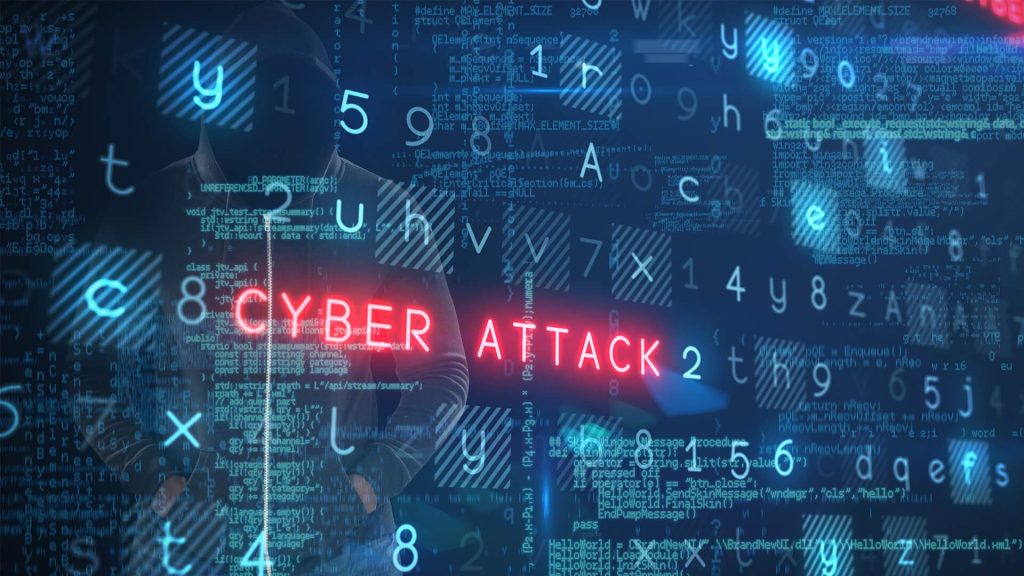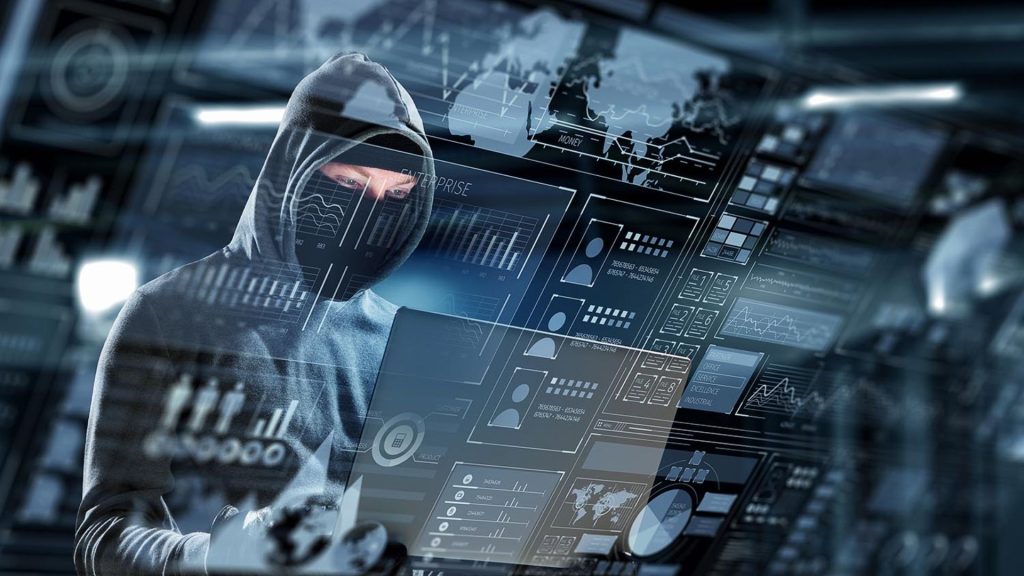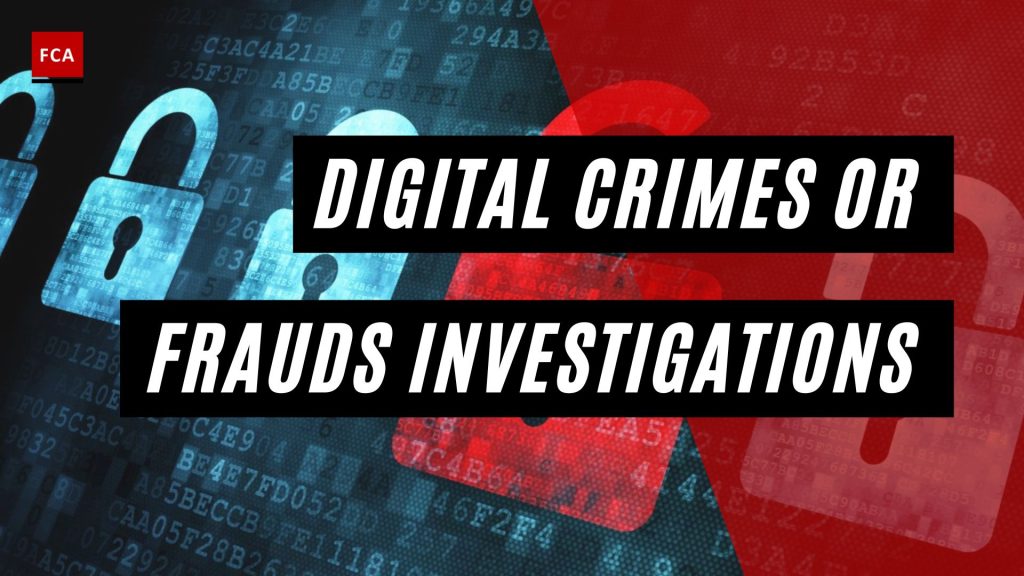Digital crimes or fraud investigations begin with a mere suspicion that a fraud has occurred. Fraud investigation processes are not standard police-type processes because there is little initial available evidence that fraud has occurred. However, in most cases, the fraud leaves a trail or a series of indicators highlighting that fraud has occurred.
Identifying fraud risk indicators is crucial in the fraud investigation process, and the investigators plan to identify the fraud indicators as early as possible.
Digital Crimes or Frauds Investigations Categories
The following are four different categories of skill sets that are used during a fraud investigation:
First is the Investigative Intelligence and Analysis
During fraud investigations, performing research is an essential skill set required from the fraud investigation team. It requires the fraud experts to publicly source the required information concerning the individuals, employees, and entities suspected of involvement in the fraud incident or activities. Identification of the right suspects makes the fraud identification process easier and more structured.
Fraud investigative agents or experts are required to quickly identify the following:
- Ownership structure
- Directors and Management profiles
- Negative media searches locally and globally
- Bankruptcy and disqualifications
- Previous court cases and judgments
- Asset profile and locations
- Internal controls and processes

Second is Transaction Analysis
Transaction analysis or forensic audit is an important component of fraud investigation. Quantified and experienced professionals perform transaction analysis.
It becomes a challenge when the fraud suspects are skilled accountants or professionals with sound knowledge of the company’s internal controls, processes, and financial systems. Forensic accountants will be needed to analyze the activities in organizations where such types of professional fraudsters work. Forensic accountants not only analyze the activities of professional fraudsters but also calculate the estimated losses and damages caused by the fraudulent acts of professional and skilled fraudsters.
Third is Computer Forensics
The search, seizure, and analysis of electronic evidence stored in personal computers or information devices are used in computer forensic investigations. Computer forensic data can also be obtained from remote locations where the company uses cloud services. Forensic investigators get access to financial and other information virtually to analyze and assess the evidence and information.
It is rare for modern-day fraud incidents to be identified without using data storage devices and computers, and for these reasons, computer forensics is a vital skill set.
The important part of the fraud investigations is the fieldwork and the interviews of the persons and suspects, which can prove to be the conclusive evidence process. Information obtained during the interviews can become sufficient appropriate evidence.
The fourth and the last is Responses to the Fraud Incidents
After initial assessment and interviews during fieldwork, the appropriate investigative plan is designed to be followed in assessing suspicion of fraud incidents.
Every reported fraud incident differs from the other, and the reactive feedback or responses vary depending on the initial information and facts gathered. Following the plan is a typical response to be used as the basis for further investigating and responding to any fraud incident.

When fraud is first suspected in a company, the incident could be more serious than initially expected because the culprit and fraudsters do not restrict or limit their fraudulent activities to only one modus operandi. Therefore, the investigator needs to get the maximum possible information and evidence through interviews, observations, checking, inspection, counting assets or cash, etc.
In organizations with a close working environment, where all employees support each other, the fraud investigation team may encounter various issues, such as getting the right answers through interviews, the right documentary evidence, and electronic records. Such types of organizations are exposed to a larger number of frauds by their employees. Simply asking questions of the employees is not enough in such cases.
Organizations establish a dedicated fraud investigations department. The department operates with fraud investigation specialists who not only possess fraud investigation experience but are well aware of the business processes and systems. These professionals understand the internal controls system of the organizations and regularly analyze the process and controls to identify the loopholes and gaps which the fraudsters may exploit.
The fraud department is an independent department that does not perform or take part in the business running decisions or setting business strategies. Instead, they work as a line of defense to monitor the activities of business and support functions employees. Once the fraud incident occurs, the fraud department starts investigating the incident. Initial information is gathered from the available sources to develop a fraud investigation planning program to deal with reported fraud incidents. Interviews are conducted instantly to capture the maximum possible information to plan the investigation activities later.
Initial actions of the fraud investigations team are crucial to the eventual outcome of an investigation. If proper planning and strategy are developed and followed, the fraud incident is easily assessed, and the fraud case investigation successfully closes down.

Final Thoughts
Digital crimes or frauds investigations refer to the process of investigating crimes or fraudulent activities that occur in the digital realm, such as hacking, identity theft, financial fraud, and cyberstalking. These investigations are carried out by law enforcement agencies, government bodies, and private companies with the aim of identifying and prosecuting those responsible for the criminal activity.
The investigation process typically involves collecting and analyzing digital evidence, such as computer logs, emails, chat messages, social media posts, and other electronic records. This evidence is used to build a case against the perpetrator and to determine the extent of the crime or fraud.









